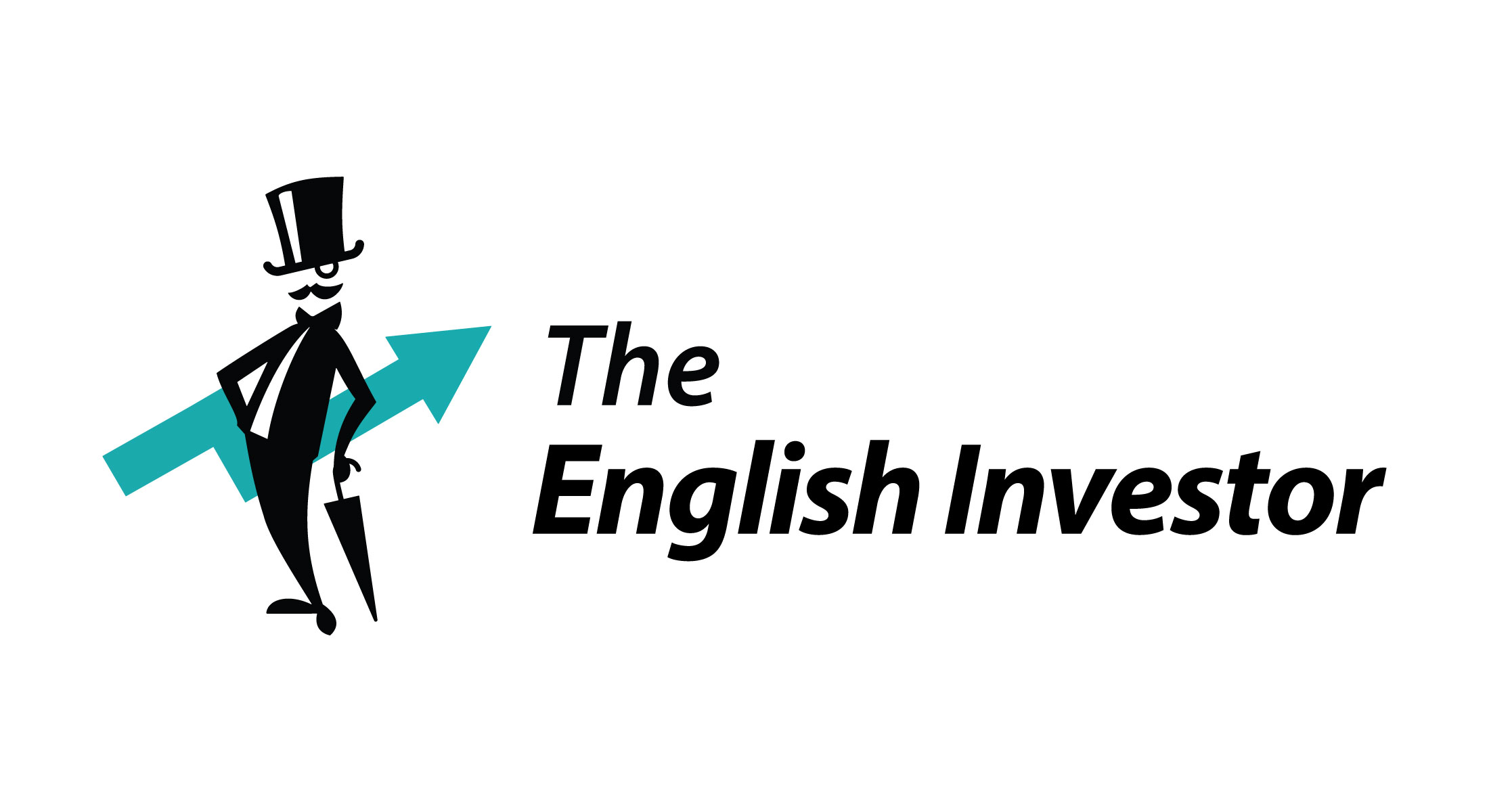Let’s not pretend otherwise. The blog has been awfully quiet for over a year and a half. Way too quiet.
It’s entirely my fault. I had to deal with some personal issues and I only had so much bandwidth at a time. First, I had to deal with the fallout of my personal life. Then, some health issues that started appearing at the worst possible time. And yes, all of this was before Covid-19. More recently, there was the stock market meltdown and the incredible bounce back. I will discuss this last topic in a subsequent in-depth post.
So just like when you are debugging a program to fix the issues, I had to suspend non-core aspects of my life to focus on the very essential stuff. Unfortunately, this blog was one of those non-core items. I’m sad I couldn’t keep up with it. Nonetheless, pausing operations seemed better compared to publishing crap content. Posting for the sake of posting is never a good idea.
I am writing this post with some apprehension. Obviously, it is on the more personal side, which is most likely why I feel more vulnerable. It is a lot more difficult to expose personal failures and feelings compared to discussing graphs and stamp duty. In addition, it has also been a while. Have I lost my touch or the ability to write? I guess we will find out.
Robinhood and the Hertz debacle
I missed the blog, hence why I am back. I also decided to get of hibernation for another reason. We have just witnessed the largest synchronized drop in economic activity since WWII. Yet, I see a lot of people – including politicians and “analysts” – pretending that we will soon be back to normal. While the stock market crashed at the end of February and in March – hopefully you followed some of those tips before – the Nasdaq is reaching new highs and the S&P500 is now more or less flat for the year. On top of this, an army of Robinhood traders in the United States are piling on some of the riskiest shares. This leads to some disastrous consequences.
None of this makes sense and I fear that a lot of people will suffer losses.
The Hertz bankruptcy is a disaster in the making. In a bankruptcy, common shareholders are the first stakeholders to be wiped out. Secured creditors such as lenders or bondholders have a “higher” (i.e. first-priority for instance) claim against the assets of the company. As a result, this begs the question: why would retail traders purchase shares that are worthless given that the equity is underwater? Either they are geniuses or the speculative bubble has reached new levels. If Carl Icahn – one of the most successful investors of our time – dumped his shares, maybe there was a reason.
And rest assured, companies will take advantage of this speculative bubble. Propped up by an unfathomable amount of FED liquidity, investors have both become desperate to find a decent yield and greedy as they have been led to believe that the FED put will backstop every single risky asset. Hertz tried to pull an equity offering (a bankrupt company offering worthless shares!) when traders pushed the stock price to new and unexpected levels. The Securities and Exchange Commission – for once – did something about it and put a stop to the masquerade.
An elusive V-shaped recovery
Don’t get me wrong – not all companies are worthless. However, I posit that stock prices have reached unsustainable levels in the United States, which will in turn impact other markets. The U.S. economy must grapple with new Covid-19 cases which is already forcing some states to roll back reopening plans. If the economy is not experiencing a V-shaped recovery, those high price levels can only be maintained with a combination of (i) looser monetary policy and (ii) looser fiscal policy. In other words, Jerome Powell and Donald Trump will need to continue spending. I do not believe that the U.S. economy will experience a V-shaped recovery. I could be wrong.
To summarize, in my view, the U.S. stock market is out of control due to the ultra-accommodative policies of the Fed and the Trump Administration. To some extent, European stock markets have been more subdued in their recovery.
A final word on the United Kingdom. Compared to other European countries such as France, Germany or Switzerland, it is clear that the UK economy is not recovering as quickly as anticipated. With a meager 1.8% increase in GDP from the previous month, the Office for National Statistics stated that the economy is “in the doldrums.” It is clear that the irrational exuberance witness in stock markets is not being matched by the same degree of enthusiasm in the high streets.
In short, we have a lot to discuss. I also want to hear from you: do not hesitate to leave a comment and tell me which topics you would like to discuss. I’m not an expert on everything but a healthy discussion can only be a positive.
I look forward to reconnecting with you all.
The English Investor

